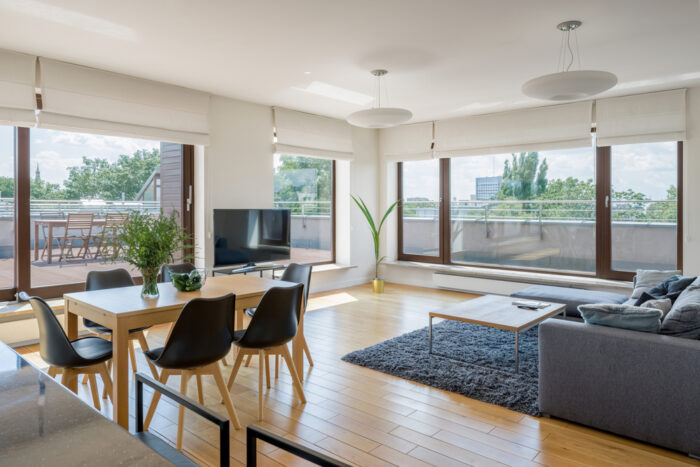Despite the alerts that have been sounded since 1992, as international conferences aimed at curbing global warming have come and gone, and despite the plans for reducing the use of fossil fuel resources that call for the moderation of energy consumption, few actions or incentive measures (and even fewer directives) have actually been developed to act on the demand for energy. Yet, as Henri-Luc Thibault and El Habib El Andaloussi show here, some very concrete measures can have major effects in this area. This is the case with everything relating to the improvement of energy efficiency in building, where housing conditions, the housing stock and related energy consumption (heating, air-conditioning etc.) are concerned. Thibault and El Andaloussi show the potential impact of such measures in the Mediterranean region.
Basing themselves on the work of the “Plan Bleu” organization, which has worked out a revolutionary scenario for the energy field in the countries of the southern and eastern Mediterranean (to 2030), they begin by recalling the importance of buildings in regional energy consumption and the various levers that might be used to reduce that consumption (regulation, materials, efficiency of machinery etc.). In such a scenario, the potential for energy savings in this sector would seem considerable. Moreover, this would enable a substantial decrease in greenhouse gas emissions to be achieved, and would also have very positive effects in terms of job creation. In conclusion, the authors point out the need for investment over 20 years, depending on the particular country concerned, to put in place the five flagship measures of energy saving, which would be genuine investments for the future…



